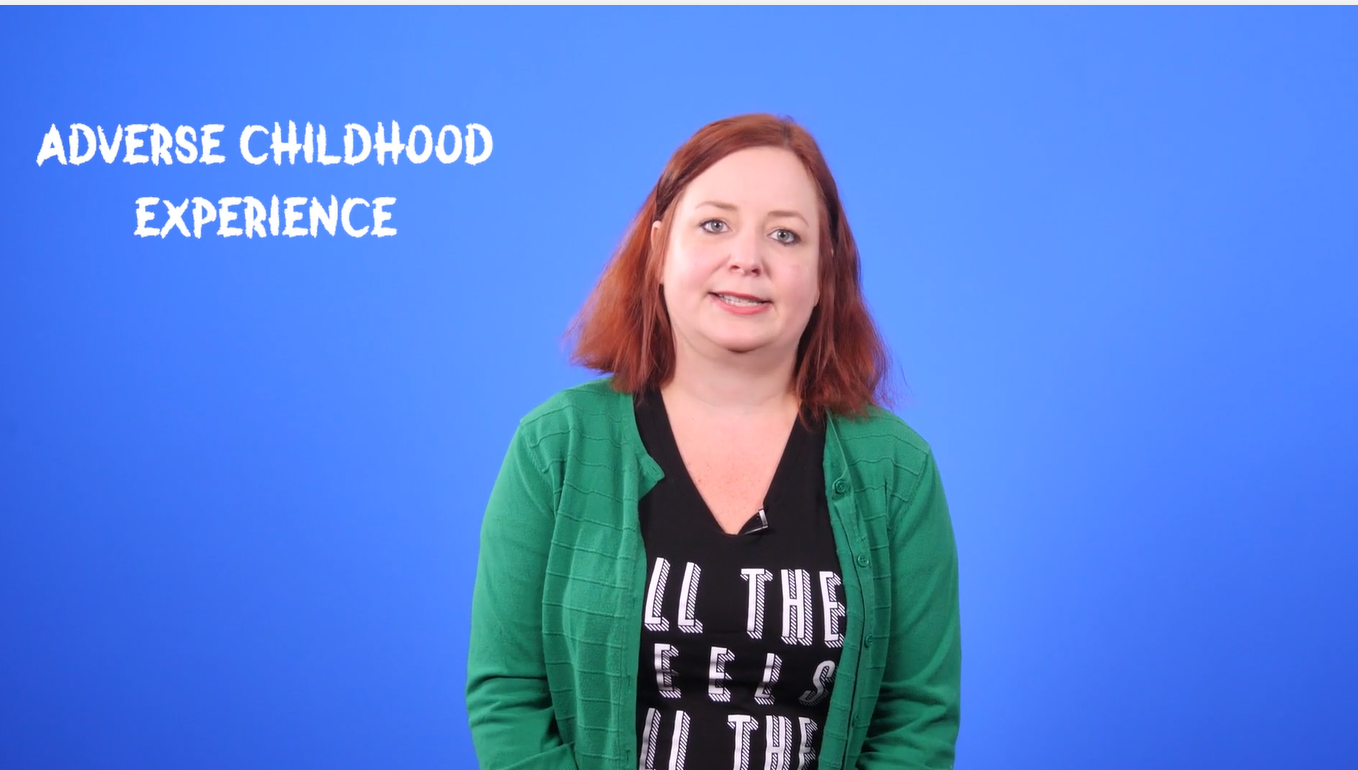In the conclusion of Sail the 7 Cs with Microsoft Education by Becky Keene and Kathi Kersznowski , the idea of educators inspiring and being changemakers in the classroom are the main ideas and focus. One way that educators can empower their students, as stated on the WE website, is to have a trauma-informed classroom.

The first step of having a trauma-informed classroom is having the awareness of what trauma is. Trauma stems from an experience that extremely affects a person and may affect their behaviors. In the “Introductory Module Trauma-Informed Classroom” module through WE, some of the signs that a student may be going through a hard or even traumatizing time is:
- Inattention in class
- Poor performance
- Behavioral Changes
The best way that a teacher can help to counteract or fight against students’ trauma responses is through the protective measures that they can take. Teachers can take precautions by providing safe and inclusive environments in their classrooms and teaching social skills and coping mechanisms to their students.

This module was very useful and informative. The module even comes with a workbook that teachers and their students can work on together so that everyone in the classroom can be on the same page. Below will be some screenshots of the workbook.


I will now leave you blog readers with a quote of encouragement that was found in the module, “Protective factors build resilience, which makes someone more likely to adapt to life’s stressors, including the effects of trauma. Protective factors may include… having at least one trusted adult in your life, perhaps someone like a teacher”.
Diane Hoffman
Recent Comments